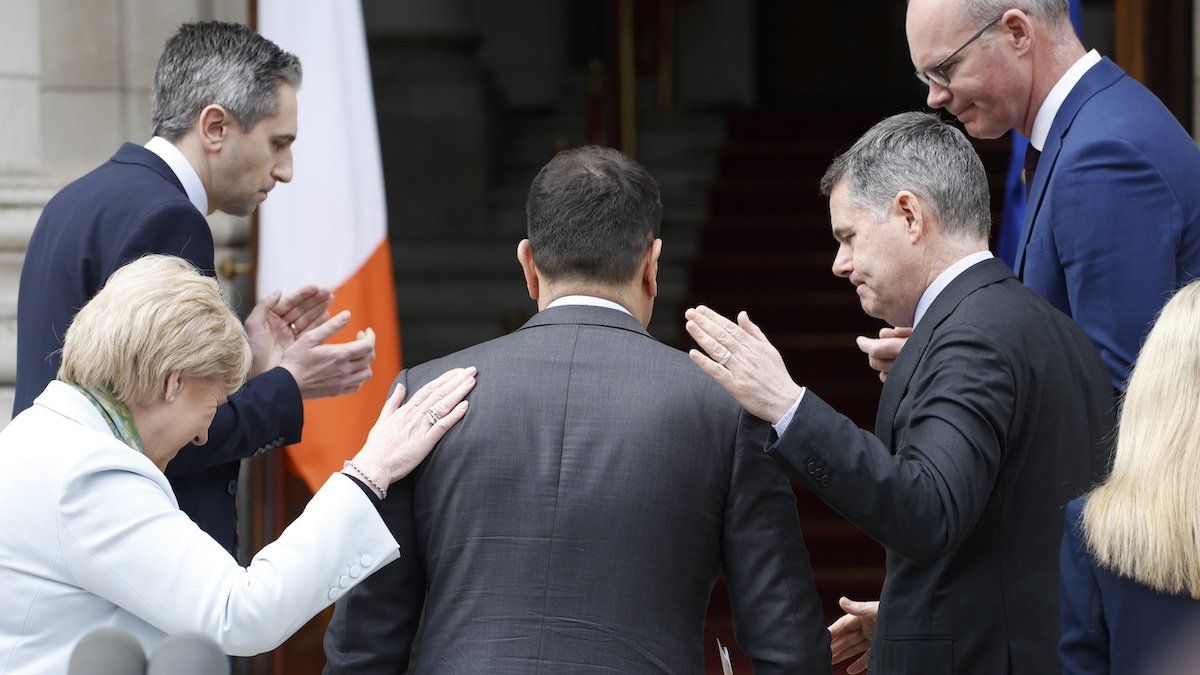Leo Varadkar announced Wednesday that he will step down as Ireland’s Taoiseach, aka prime minister, after leading coalition governments twice – for five of the past seven years. When he came to power in 2017, he was Ireland’s youngest-ever and first openly gay Taoiseach, and the country’s first leader from an Indian background.
Echoing similar sentiments to other young leaders who have stepped down, like Sanna Marin and Jacinda Ardern, the former physician cited both personal and political reasons for leaving office.
“One part of leadership is knowing when the time has come to pass on the baton to somebody else,” Varadkar said. “Politicians are human beings, and we have our limitations.”
During his political career, Varadkar pioneered some progressive policies in one of the most socially conservative countries in Europe. As minister of health, he advocated for the legalization of same-sex marriage ahead of the successful 2015 referendum, and while he was PM, Ireland repealed a strict abortion ban in 2018.
But recently, Varadkar’s government suffered an embarrassing defeat in two referendums aimed at modernizing the constitution’s definition of a family and the role of women at home. The largest referendum defeat in the country’s history is being blamed on lackluster, confusing messaging from Varadkar’s “yes” campaign and an energized coalition of dissatisfied “no” voters from across the political spectrum.
Varadkar’s resignation – which will not trigger a general election – will take place once his party chooses his replacement. But a general election must be held before March 2025, and his governing coalition is expected to suffer heavy losses against the nationalist Sinn Fein party.
For Varadkar, saying (a not-so-Irish) goodbye may be easier than facing the public once again.



















